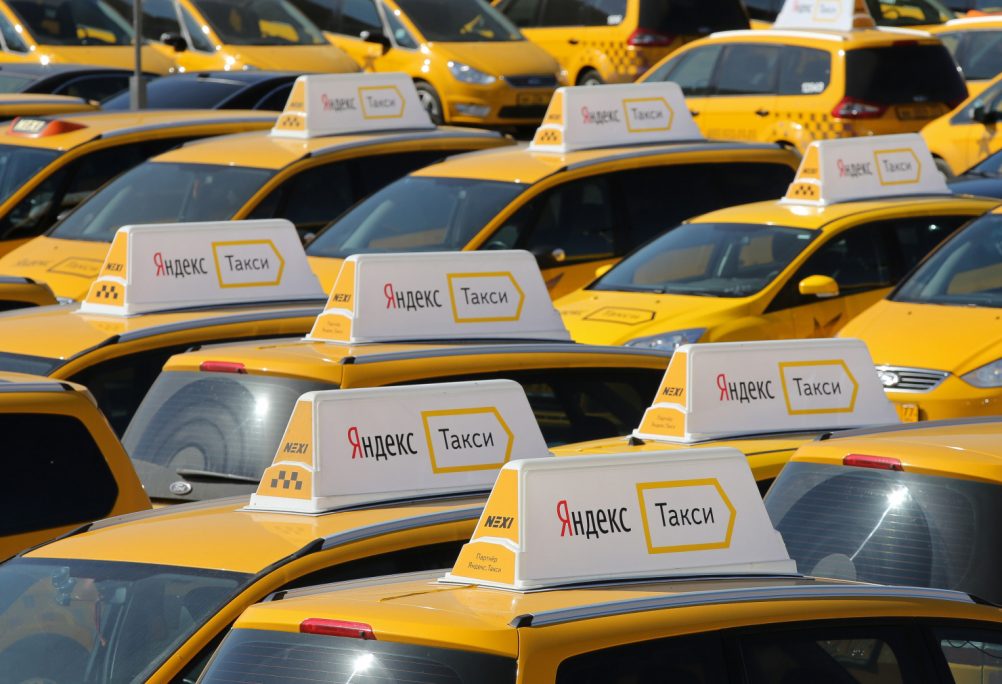UBER- Not a ruler anymore?
July 17, 2017 | Expert Insights

Uber is scaling back in Russia by spinning off its operations to form a new company. The majority of this company will be owned by local rival, Yandex. The deal involves Uber’s ride-hailing and food-delivery services in Russia, Azerbaijan, etc. Both brands will continue to operate, but the driver-side apps will be merged into one.
Google of Russia
Uber’s partnership with Yandex, the Russian search giant, will create a $3.4 billion ride-hailing venture in Russia and several other East European countries.
Yandex, often referred to as the Google of Russia, is the homegrown champion in a region where the government does not always welcome foreign businesses. It also has the advantage of owning and operating a significant mapping database, and the ability to promote new services through its own online platforms.
Uber will invest $225 million, while Yandex will invest $100 million in the joint venture.
Both mobile applications will still be available. 59.3 percent of the company will belong to Yandex, 36.6 percent to Uber, and 4.1 percent to the employees of the new business. Tigran Khudaverdyan, head of Yandex will become CEO of the joint enterprise.
Yandex vs Uber
In Russia, Yandex taxi has about $1 billion gross bookings per year, while Uber has $566 million.
Shares in Yandex surged 22 percent, hitting a record 1992 rubles (about $33). Uber is not publicly traded.
In 2016, after $2 billion in losses, Uber left China in exchange for a 17.5 percent share in local competitor Didi.
Uber is also reportedly facing continued losses in India and Singapore. It is mulling mergers with local leaders Ola and Grab.
Analysis
Uber has an aggressive market entry startegy which some times upsets local governments and traditional taxi unions. The brand has also suffered following the forced resignation of its CEO, Travis Kalanick after a series of controversies.
Uber's loss in the first quarter of this year was about $580 million. By the second quarter, the loss significantly exceeded $800 million.
Grab, the company that rivals Uber in Singapore, is in negotiations to close a new round of funding that could value it as high as $2.3 billion.
Uber sold its operations to native ride-sharing China’s firm Didi last year. Prior to this , Uber was losing $1 billion a year in China.
Even in the U.S., Uber's home market, the company continues to lose money. After turning a slight profit in the in the first quarter of this year, Uber lost $100 million in the U.S. in the second quarter. The loss increased in the third quarter, the person said.
Assessment
Our assessment is that, platform companies like Uber may not have the necessary managerial and operation skills to work in global markets. Though Uber has had relative success in the US, it has been of posting red the last two quarters . This is compounded further by loosing significantly in most other emerging markets . The company is now compelled to work on an exit strategy.








Comments